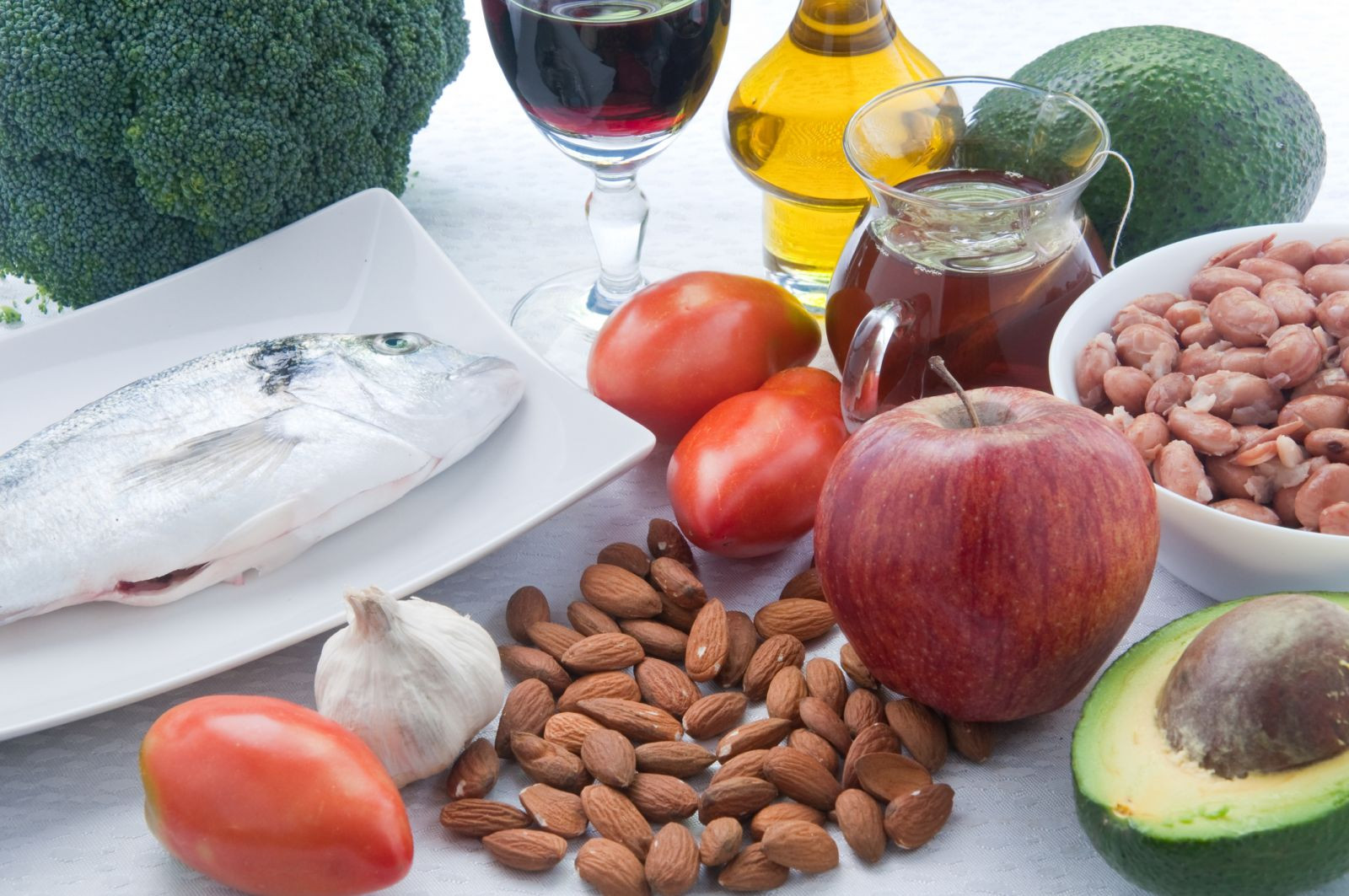Cholesterol: Understanding Its Role and Managing Levels Through Diet
Cholesterol often carries a negative connotation, yet it's an essential substance for our bodies. Naturally produced by the body, HDL (high-density lipoprotein) or 'good' cholesterol, plays a vital role. It's a waxy substance that travels through the bloodstream, aiding in hormone production, vitamin D synthesis, and keeping arteries clear.
The challenge arises with LDL (low-density lipoprotein), or 'bad' cholesterol, often elevated due to dietary choices. Elevated levels of LDL cholesterol can lead to the buildup of plaques in the arteries, increasing the risk of heart disease. To combat this, maintaining an active lifestyle and adhering to a diet low in LDL cholesterol is crucial. It not only promotes weight loss but also keeps cholesterol levels within a healthy range. Including the following heart-healthy foods in your diet can effectively lower bad cholesterol:

- Fish:
- Contrary to what some might believe, fatty fish like salmon, tuna, and sardines are beneficial for heart health. These fish are abundant in omega-3 fatty acids, known for lowering triglycerides in the blood, thus promoting heart health.
- The American Heart Association recommends at least two servings of 3.5 ounces of fatty fish weekly. Varieties like herring, salmon, sardines, albacore tuna, and mackerel, rich in omega-3s, are particularly beneficial. For those who are not fond of fish, omega-3 supplements are a viable alternative.
- Olive Oil:
- Replacing saturated fats with olive oil, a source of good fats, can positively impact cholesterol levels. Olive oil is known to boost HDL cholesterol and also supports maintaining a healthy weight. It contains phytosterols, plant-based compounds that block cholesterol absorption.
- Research from Biofortis Clinical Research has shown that extra virgin olive oil (EVOO) can decrease heart rate and diastolic blood pressure. A study involving 54 participants revealed that EVOO reduced LDL cholesterol by 11 percent, whereas corn oil lowered total cholesterol by about 9 percent.
- Beans:
- Beans, including kidney, navy, garbanzos, black beans, and lentils, are excellent for heart health. High in fiber, they help reduce LDL cholesterol and promote satiety, reducing hunger after meals.
- A 2008 study from Arizona State University found that consuming half a cup of beans daily over 24 weeks lowered cholesterol by 8 percent. This underscores the role of beans in maintaining healthy cholesterol levels.
- Oats:
- A bowl of oats is not just comforting but also heart-healthy. Being a rich source of fiber, oats aid in weight management, digestive health, cholesterol reduction, and prolonged satiety, reducing the likelihood of unhealthy snacking.
- The Mayo Clinic's research indicates that soluble fiber in oats can reduce LDL cholesterol by slowing down cholesterol absorption into the bloodstream. Consuming 5 to 10 grams of soluble fiber daily is recommended for lowering LDL cholesterol.
- Nuts:
- Nuts like almonds and walnuts, in moderation, are perfect for lowering cholesterol. They can be added to salads, cereals, stir-fries, or yogurt to reduce LDL cholesterol and triglyceride levels. However, it's essential to consume nuts in small, unsalted servings due to their high unsaturated fat and calorie content.
- A comprehensive study analysis by researchers at Loma Linda University and the Instituto de Salud Carlos III showed that diets rich in nuts (at least 67 grams daily) reduced total and LDL cholesterol by approximately 7.4 percent.
- Red Wine:
- Moderate consumption of red wine has been linked to increased HDL cholesterol. A Harvard study in 2003 found that red wine contains antioxidants that relax blood vessel walls, reduce LDL oxidation, prevent plaque buildup, and lower the risk of blood clots.
- The same study indicated that moderate red wine drinkers had a 35 percent lower risk of heart attacks compared to non-drinkers, highlighting the cardiovascular benefits of red wine in moderation.
- Green Tea:
- Green tea offers various health benefits, including lowering LDL cholesterol. It can be enjoyed hot or iced, providing a healthful beverage choice throughout the year.
- Research published by the National Institutes of Health involving 1136 participants across 14 controlled trials found that regular green tea consumption significantly reduced total cholesterol and LDL cholesterol, though it did not affect HDL cholesterol. This is beneficial as HDL cholesterol helps remove LDL cholesterol from the arteries.
- Strawberries:
- Strawberries, a delicious addition to yogurt, cereal, and salads, are also beneficial for cholesterol management. Rich in pectin, a type of soluble fiber, they help decrease LDL cholesterol. A Harvard University study in 2013 found that regular consumption of strawberries